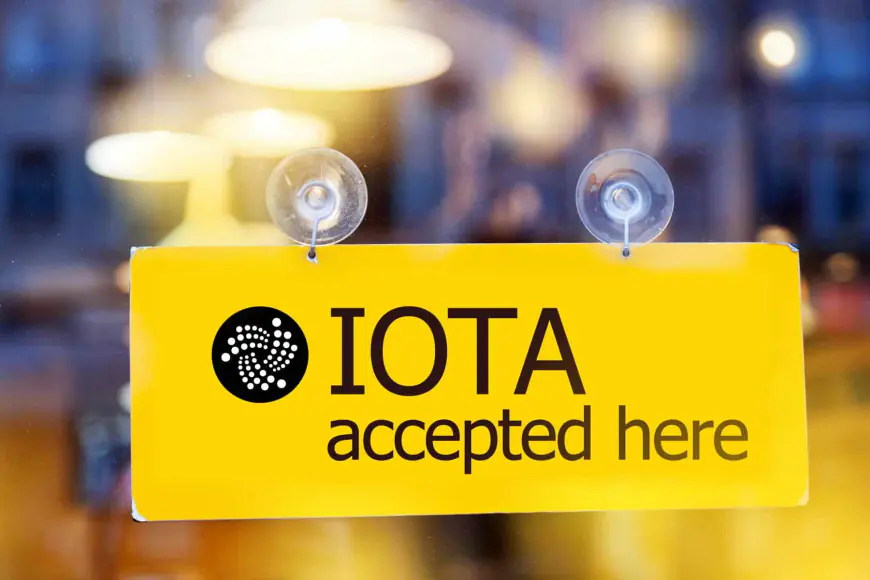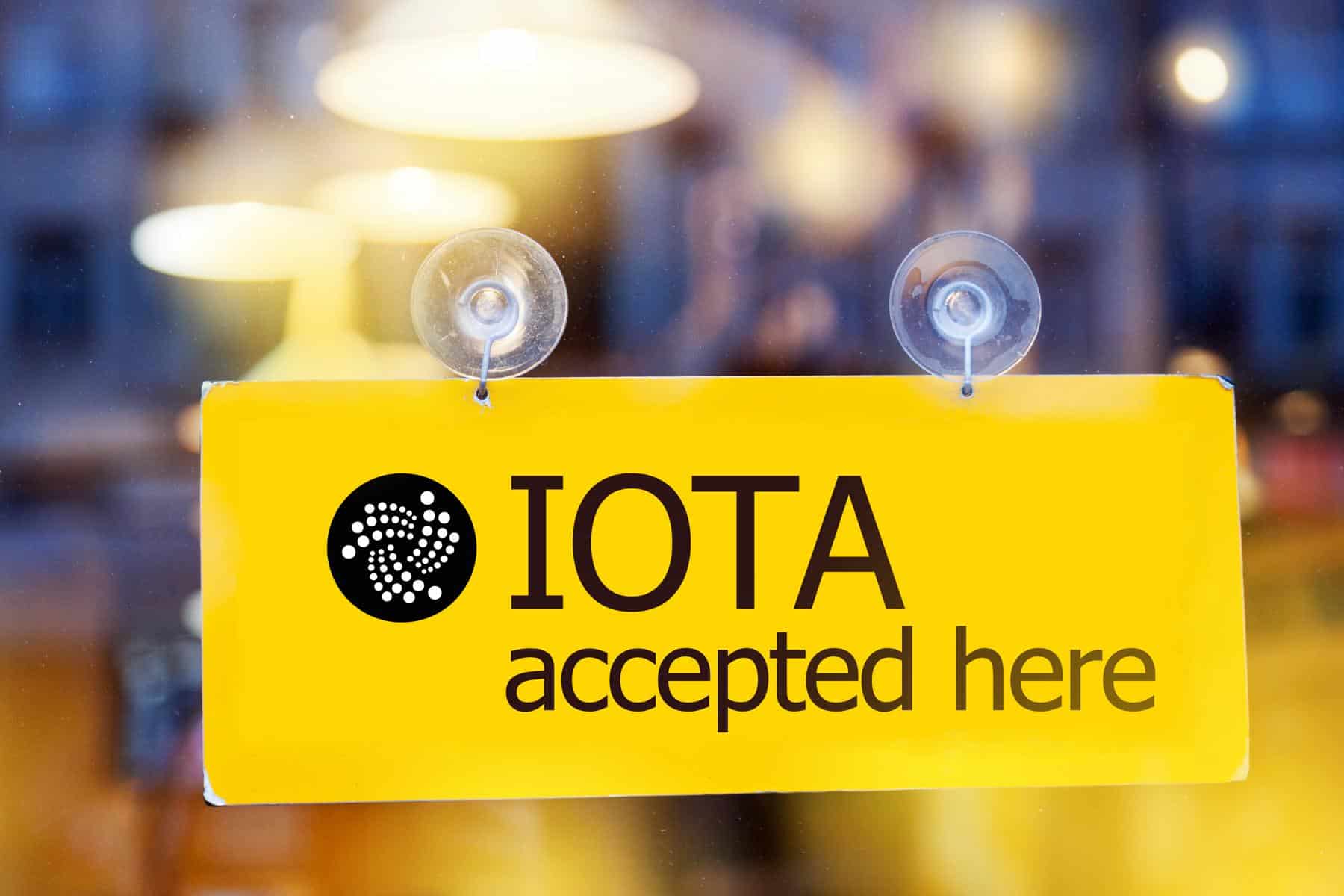EU to start controversial digital identity in 2023 – How IOTA Could Facilitate Digital Future
The European Union finalized regulations for the implementation of a Digital Identity Wallet, offering citizens a secure and voluntary means to authenticate themselves online. IOTA aims to support the EU’s Digital IDs initiative with its blockchain-based identity solution, IOTA Identity. In a landmark decision passed on Thursday, the European Union (EU) finalized regulations for the [...]


- The European Union finalized regulations for the implementation of a Digital Identity Wallet, offering citizens a secure and voluntary means to authenticate themselves online.
- IOTA aims to support the EU’s Digital IDs initiative with its blockchain-based identity solution, IOTA Identity.
In a landmark decision passed on Thursday, the European Union (EU) finalized regulations for the introduction of a new Digital Identity Wallet. This innovative tool is designed to enable citizens to authenticate themselves online without reliance on commercial providers, addressing concerns regarding trust, security, and privacy.
Crucially, the EU Digital Identity Wallet will be voluntary for citizens to use. Throughout negotiations, Members of the European Parliament (MEPs) secured measures to protect citizens’ rights and promote inclusivity within the digital sphere, ensuring that individuals who opt out of using the digital wallet are not subject to discrimination.
Under the new law, EU wallet users will benefit from free “qualified electronic signatures,” deemed the most trustworthy and possessing legal equivalence to handwritten signatures. Additionally, wallet-to-wallet interactions will happen to enhance the fluidity of digital exchanges.
MEPs emphasized transparency and security by mandating an open-source wallet, fostering innovation while ensuring accountability and traceability through stringent regulations governing the registration and oversight of participating companies.
Furthermore, users will have access to a privacy dashboard, granting them full control over their data in compliance with the General Data Protection Regulation (GDPR). This feature will empower individuals to manage their data securely and request its deletion when necessary.
Here’s How IOTA Wishes to Contribute
IOTA’s digital identity solution seeks to harness blockchain technology, providing decentralized identity solutions within the digital economy. Through IOTA Identity, the platform aims to consolidate identity management under a singular protocol, facilitating seamless interaction across diverse identity types. Such a solution will align well with the EU’s ambitious Digital IDs initiative.
Moreover, IOTA’s Identity solution enables the provision of digital proof of ownership for physical products. This innovation promises to significantly enhance trust among individuals while simultaneously reducing the risk of fraud. As IOTA explained:
“The protocol is built with “data protection and privacy by design” and complies with privacy and data management laws around the world, such as the European General Data Protection Regulation (GDPR)”.
IOTA Identity provides users with a neutral and reliable identification protocol, devoid of centralized control. Moreover, the network operates openly and without permission. Conversely, concerns have been raised by data protection advocates regarding the EU’s digital identity system, which, beyond facilitating transactions like tax payments and bike rentals, could potentially enable the establishment of a credit system monitoring citizens’ conduct certificates and restricting access to various facilities. Additionally, IOTA’s feeless transactions ensure that identity management remains functionally cost-free.
IOTA has undertaken several other key initiatives recently. As reported by Crypto News Flash, IOTA is keenly working to revolutionize global trade by using its own TLIP technology that seeks to eradicate fraud risks from physical documents.
What's Your Reaction?









































































































